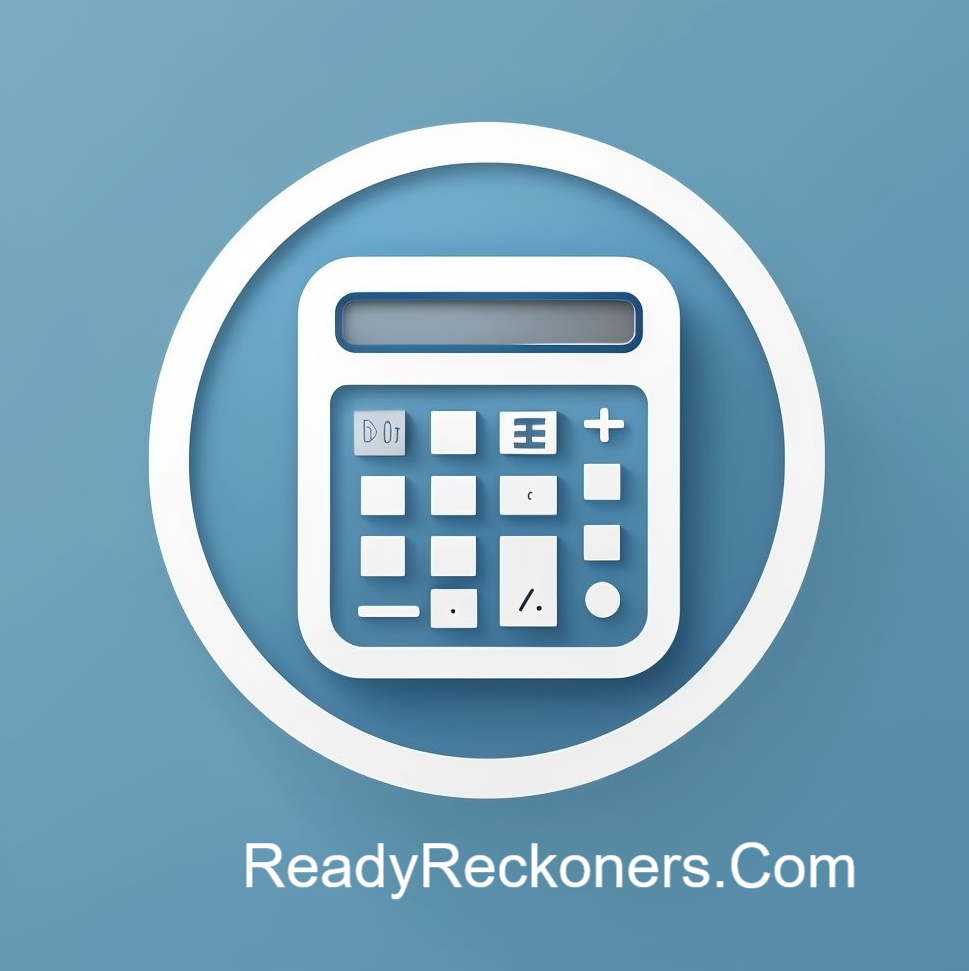
Paycheck Advance Calculator
Additional Financial Information
Calculation Results
Amortization Schedule
| Month | Payment | Principal | Interest | Remaining Balance |
|---|
Financial Terms Explained
- Paycheck Advance
- A short-term loan taken against your upcoming paycheck, typically repaid with your next paycheck.
- Interest Rate
- The percentage charged by a lender for the use of assets, usually expressed as an annual percentage rate (APR), but calculated on a monthly basis for short-term advances.
- Principal
- The original amount of money borrowed or the amount still owed on a loan, excluding interest.
- Amortization
- The process of spreading out a loan into a series of fixed payments over time. Each payment will be the same amount, but the principal and interest portions will change over the life of the loan.
- Total Repayment Amount
- The total amount paid back including the original advance (principal) plus all interest charges.
5 Smart Tips for Paycheck Advances
- Borrow Only What You Need: Take only the minimum amount required to cover your immediate financial need to reduce interest costs.
- Understand All Fees: Be aware of all charges associated with the advance, including interest and possible processing fees.
- Plan for Repayment: Before taking an advance, create a budget to ensure you can repay it with your next paycheck without needing another advance.
- Consider Alternatives: Explore other options like asking for a paycheck advance from your employer (often interest-free), small personal loans from credit unions, or borrowing from family.
- Use Advances Sparingly: Frequent use of paycheck advances can trap you in a cycle of debt. They should be used for unexpected emergencies, not regular expenses.
Understanding Paycheck Advances: Benefits, Risks, and Alternatives
In today's economic landscape, many workers find themselves struggling to make ends meet between paychecks. Unexpected expenses like medical bills, car repairs, or home emergencies can create financial stress when they arise before your next payday. Paycheck advances have emerged as a popular solution for short-term cash needs, but understanding how they work, their advantages and disadvantages, and available alternatives is crucial for making informed financial decisions.
A paycheck advance, sometimes called a payday loan, is essentially a short-term loan that allows you to borrow against your upcoming paycheck. Unlike traditional loans, paycheck advances are typically small amounts meant to be repaid quickly—usually within a few weeks or by your next pay period. While they provide immediate financial relief, these advances come with specific terms and considerations that every borrower should understand.
The primary benefit of paycheck advances is their accessibility. They typically require minimal documentation and have less stringent credit requirements compared to traditional loans. This makes them available to individuals who might not qualify for conventional banking services. Additionally, the application process is usually quick, with many lenders offering same-day funding, providing immediate relief for pressing financial needs.
However, this convenience comes at a cost. Paycheck advances often carry significantly higher interest rates than traditional loans—sometimes reaching triple-digit APRs when calculated annually. These high rates, combined with short repayment periods, can make repayment challenging and potentially lead to a cycle of debt. According to financial experts, approximately 80% of paycheck advances are rolled over or followed by another loan within 14 days, indicating that many borrowers struggle to repay on time.
Before considering a paycheck advance, it's important to explore alternatives that may offer lower costs and fewer risks. Many employers now offer earned wage access programs, allowing employees to access wages they've already earned before payday, often with minimal or no fees. Credit union payday alternative loans (PALs) provide small short-term loans with regulated interest rates capped at 28% APR. Personal loans from banks or credit unions, though requiring better credit, offer lower interest rates and longer repayment terms.
If you decide a paycheck advance is necessary, responsible borrowing practices can help minimize risks. Borrow only what you need and can realistically repay from your next paycheck. Read the loan agreement carefully, understanding all fees, interest rates, and repayment terms. Create a repayment plan before taking the advance to ensure you can meet obligations without requiring additional borrowing.
Financial experts also recommend developing long-term strategies to reduce reliance on paycheck advances. Building an emergency fund, even starting small with just $500, can provide a financial buffer for unexpected expenses. Reviewing and adjusting your budget may help identify areas where expenses can be reduced. Seeking financial counseling from nonprofit organizations can provide personalized guidance for improving your financial situation.
While paycheck advances can provide temporary relief during financial emergencies, they are best used sparingly and with a clear understanding of the terms and costs involved. By exploring alternatives, borrowing responsibly, and working toward long-term financial stability, you can make informed decisions that support your financial health both now and in the future. Remember that financial well-being is a journey that requires planning, discipline, and sometimes seeking guidance from financial professionals who can provide personalized advice based on your specific situation.
